Decoding the Benefits of Retinol Creams
Introduction to Retinol Creams
Retinol, a derivative of Vitamin A, has become a cornerstone in the world of skincare. Its widespread acclaim is rooted in its remarkable benefits, including anti-aging properties, improved skin texture, and enhanced complexion. In this blog, we'll delve into the science behind retinol creams, explore their myriad benefits, and provide valuable insights into incorporating them into your skincare regimen.
Understanding the Science of Retinol
What is Retinol? Retinol is a form of Vitamin A, one of the body's key nutrients for boosting cell turnover and collagen production. When applied topically, retinol is converted into retinoic acid by the skin cells, which then triggers a variety of skin-enhancing processes.
How Does Retinol Work? At its core, retinol accelerates the natural skin renewal process. It aids in the shedding of dead skin cells and the generation of new ones, contributing to a smoother, clearer, and more youthful-looking complexion. By stimulating collagen production, it also helps in reducing the appearance of fine lines and wrinkles.
Key Benefits of Retinol Creams

Anti-Aging Miracle Retinol is celebrated for its anti-aging prowess. It minimizes fine lines, wrinkles, and age spots, offering a more youthful appearance over time.
Acne and Skin Clarity Retinol's ability to unclog pores and regulate skin cell turnover makes it a powerful ally in combating acne and improving overall skin clarity.
Improved Skin Texture and Tone Regular use of retinol can lead to enhanced skin texture and an even skin tone, addressing issues like dullness and uneven pigmentation.
Sun Damage Repair Retinol assists in repairing and mitigating the effects of sun damage, thanks to its skin regeneration properties.
Incorporating Retinol Creams into Your Skincare Routine

Starting with Retinol If you're new to retinol, start with a lower concentration and gradually increase it. This allows your skin to adjust and minimizes potential irritation.
Application Tips Apply retinol creams at night, as sunlight can diminish their effectiveness. Always follow up with a broad-spectrum sunscreen during the day to protect your skin.
Combining with Other Products Be cautious when combining retinol with other skincare ingredients. Avoid using it with products containing Vitamin C, benzoyl peroxide, or AHA/BHA acids to prevent skin irritation.
Addressing Common Concerns and Misconceptions

Is Retinol Suitable for All Skin Types? While retinol is beneficial for most skin types, those with extremely sensitive skin or certain skin conditions should consult a dermatologist before use.
Myth Busting: Is Retinol Too Harsh? Retinol is often misunderstood as being too harsh. However, with proper usage and concentration, it can be a safe and effective component of your skincare routine.
FAQs
Q: How long does it take to see results from retinol creams? A: Results can vary, but many individuals notice improvements within a few weeks of consistent use.
Q: Can retinol be used around the eyes? A: Yes, but with caution. The skin around the eyes is delicate, so use a product specifically formulated for this area.
Q: Should I use retinol every night? A: Start by using retinol 2-3 times a week and gradually increase to nightly use, as tolerated by your skin.
Q: Can pregnant or breastfeeding women use retinol? A: Retinol is generally not recommended during pregnancy or breastfeeding. Consult a healthcare professional for advice.
Conclusion
Retinol creams are a powerhouse in skincare, offering a range of benefits from anti-aging to improved skin texture. By understanding how to use these creams effectively and addressing common concerns, you can harness the full potential of retinol and enjoy a healthier, more radiant complexion.
Remember, the key to successful retinol use is patience, proper application, and consistency. Whether you're looking to combat aging signs, clear up acne, or simply maintain a vibrant skin tone, retinol creams can be a valuable addition to your skincare arsenal.


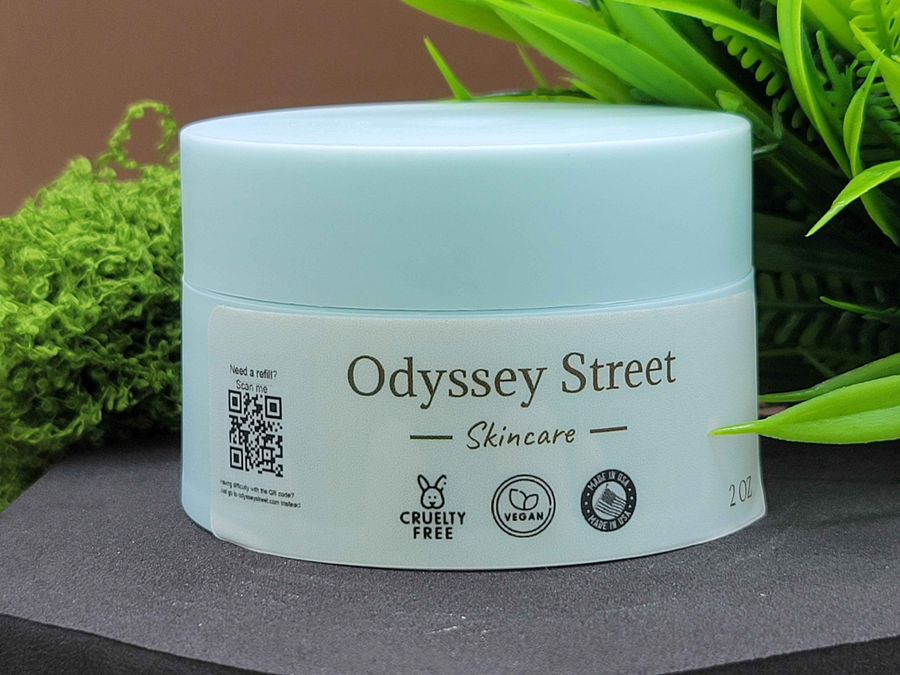
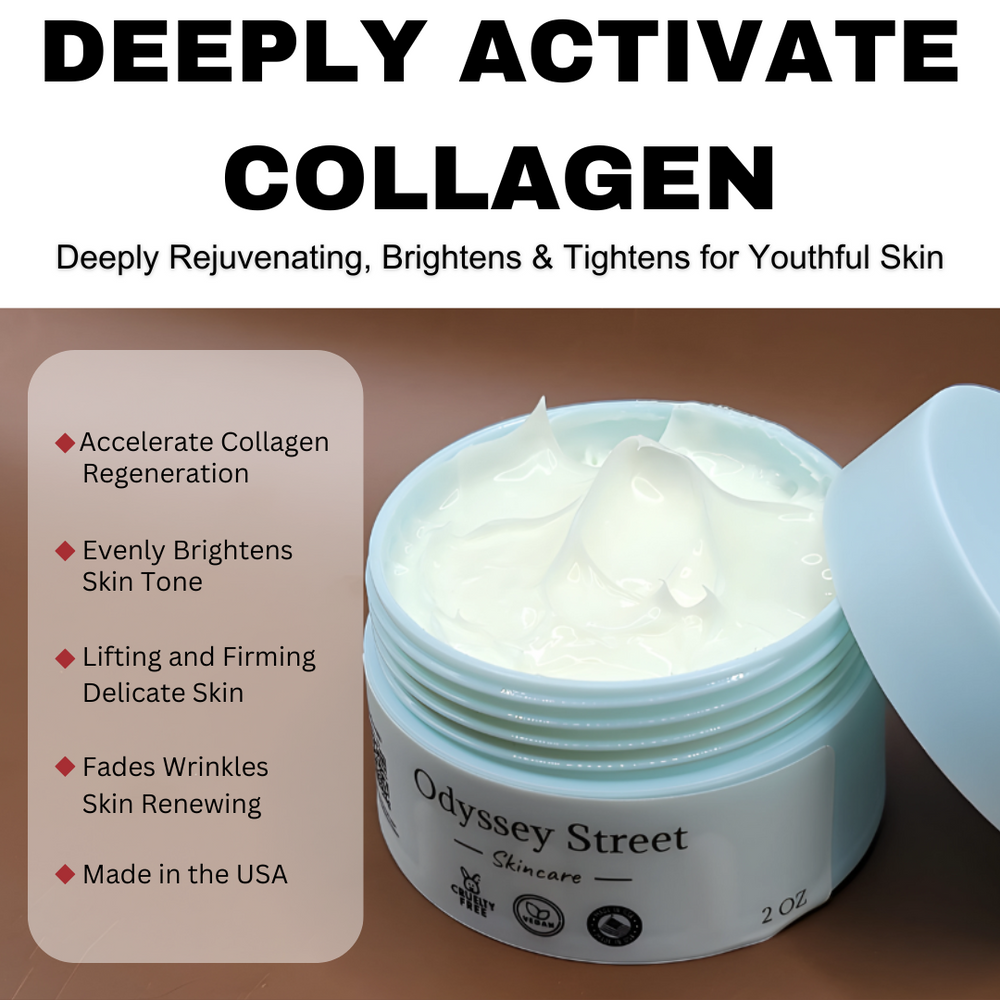




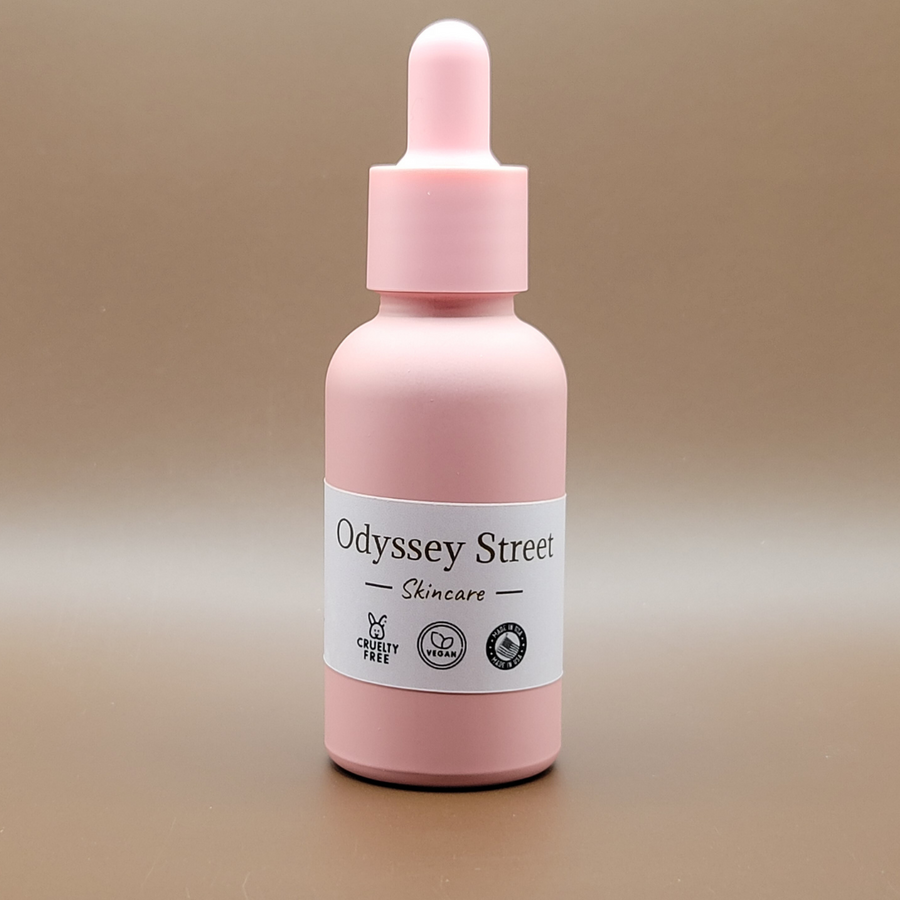
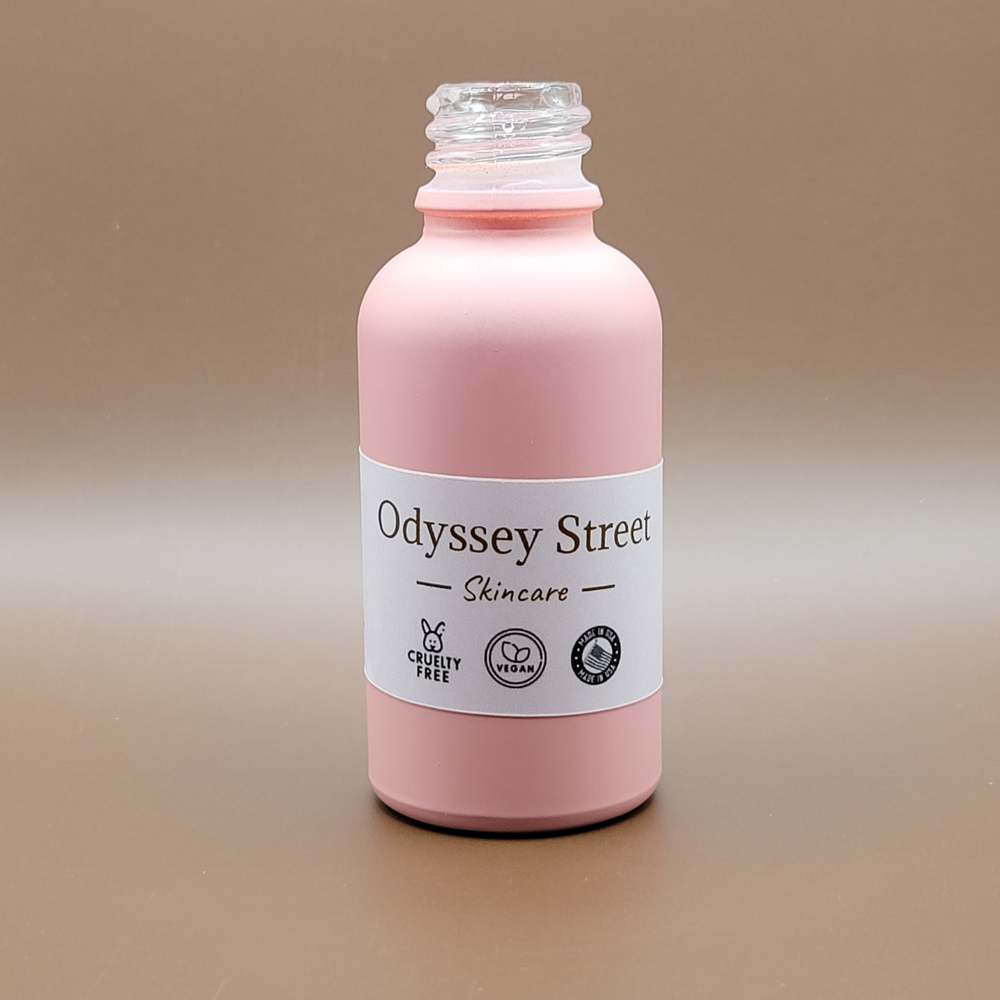
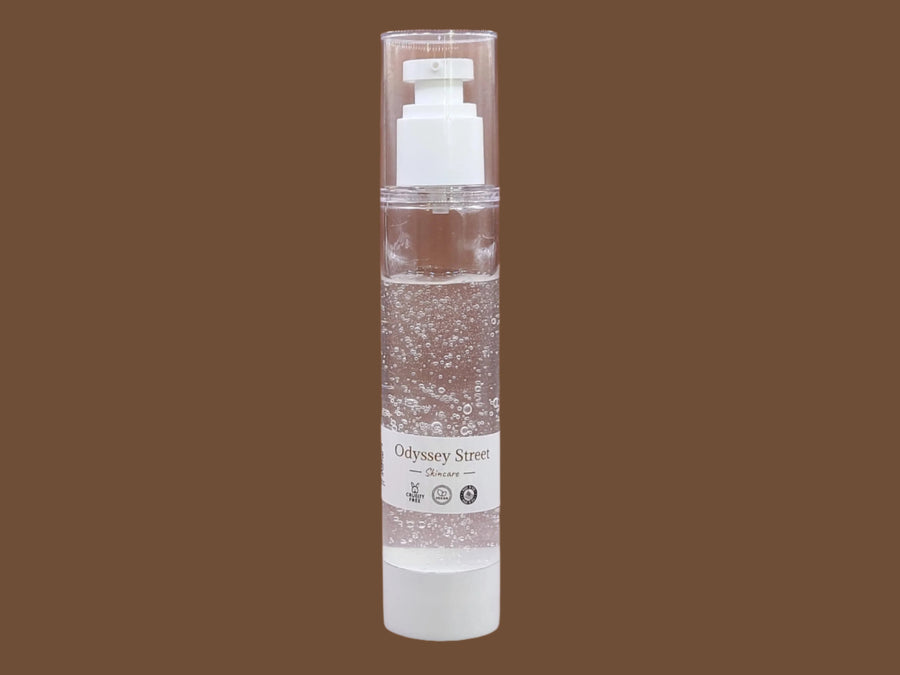
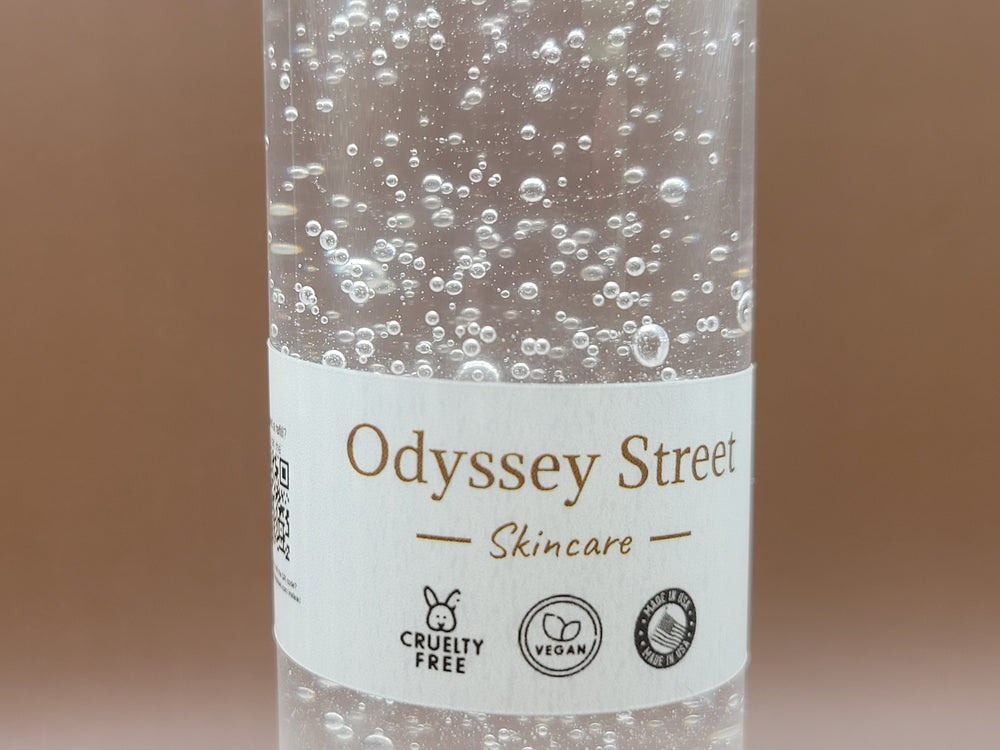
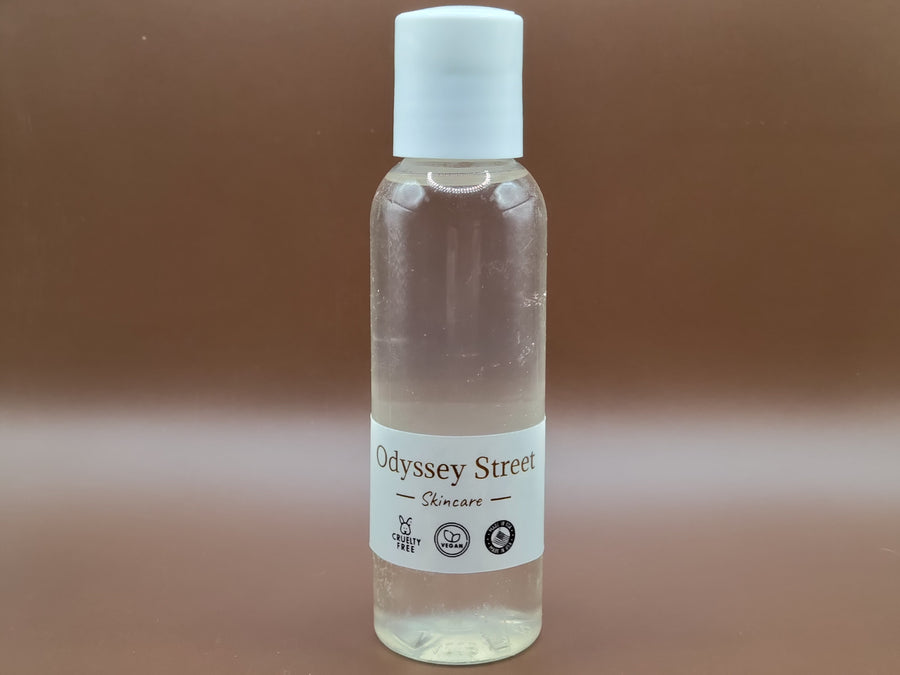
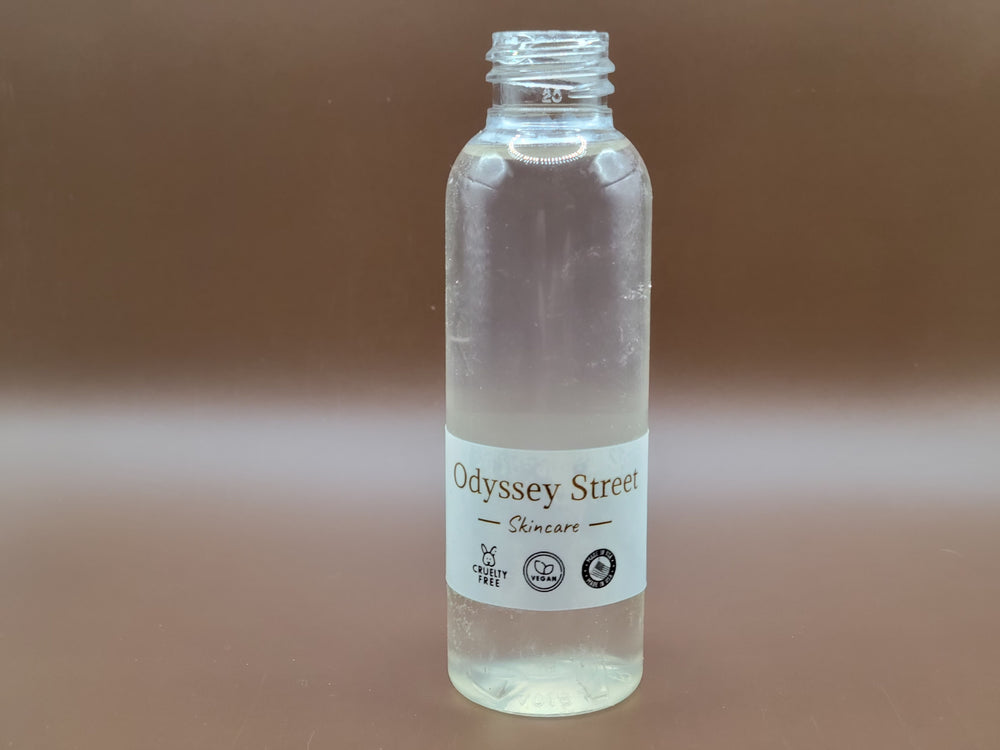
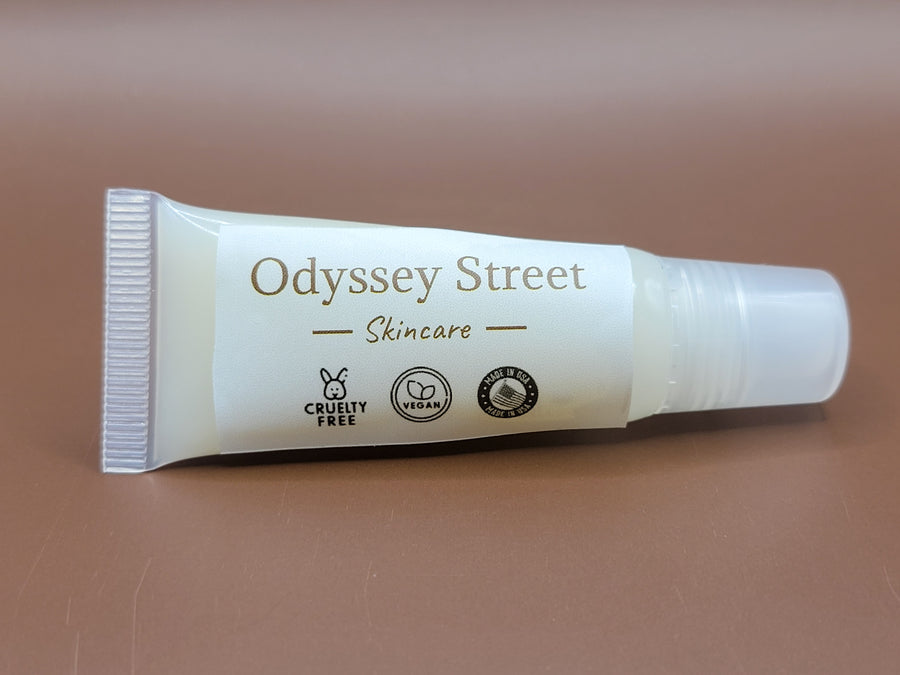
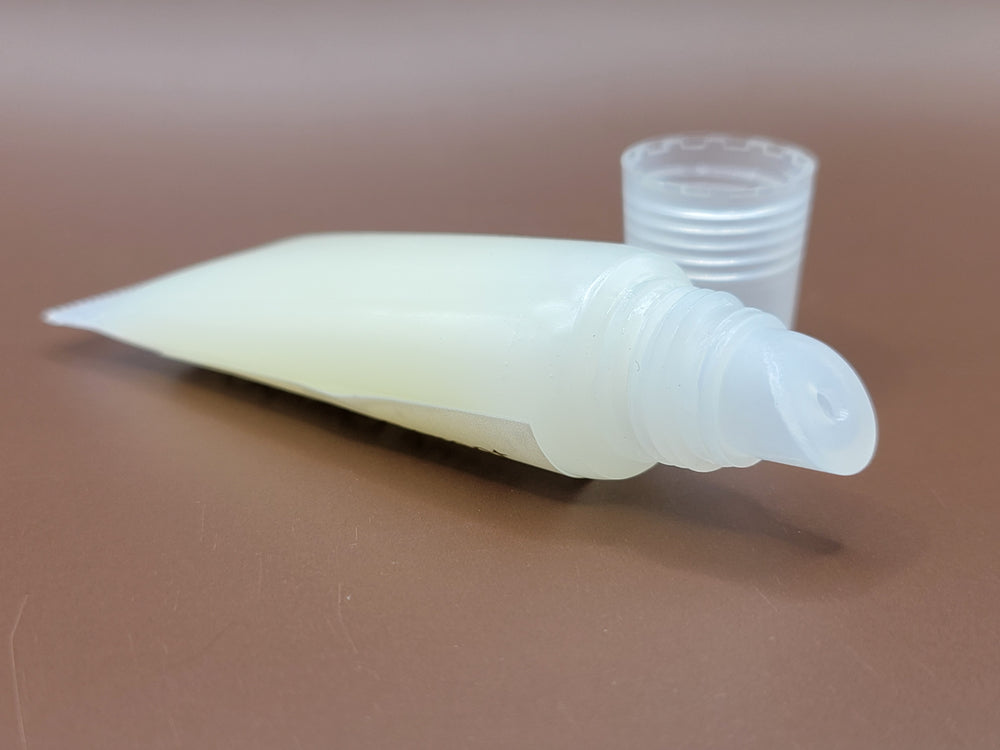
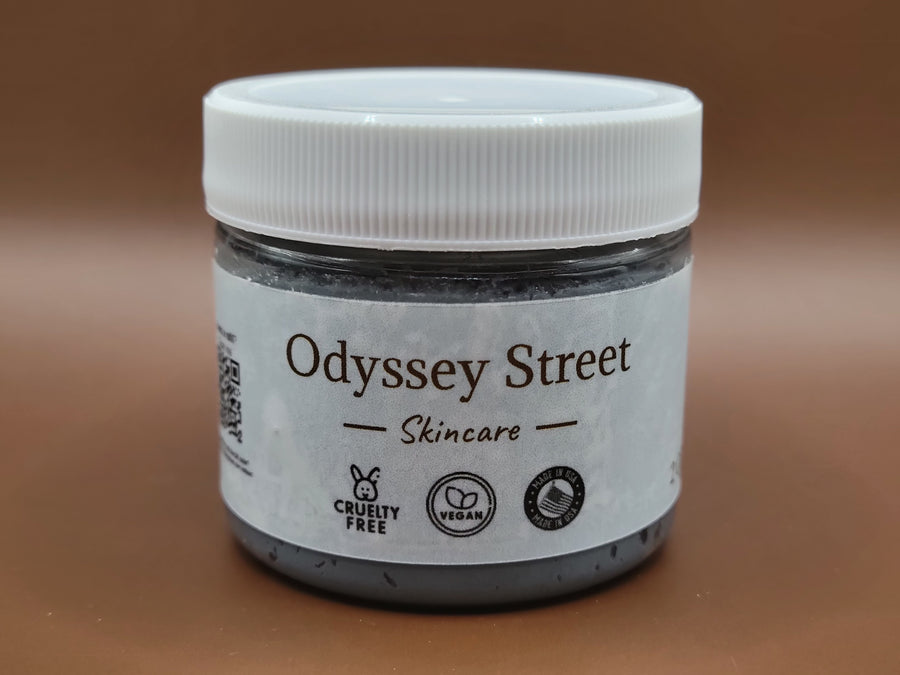
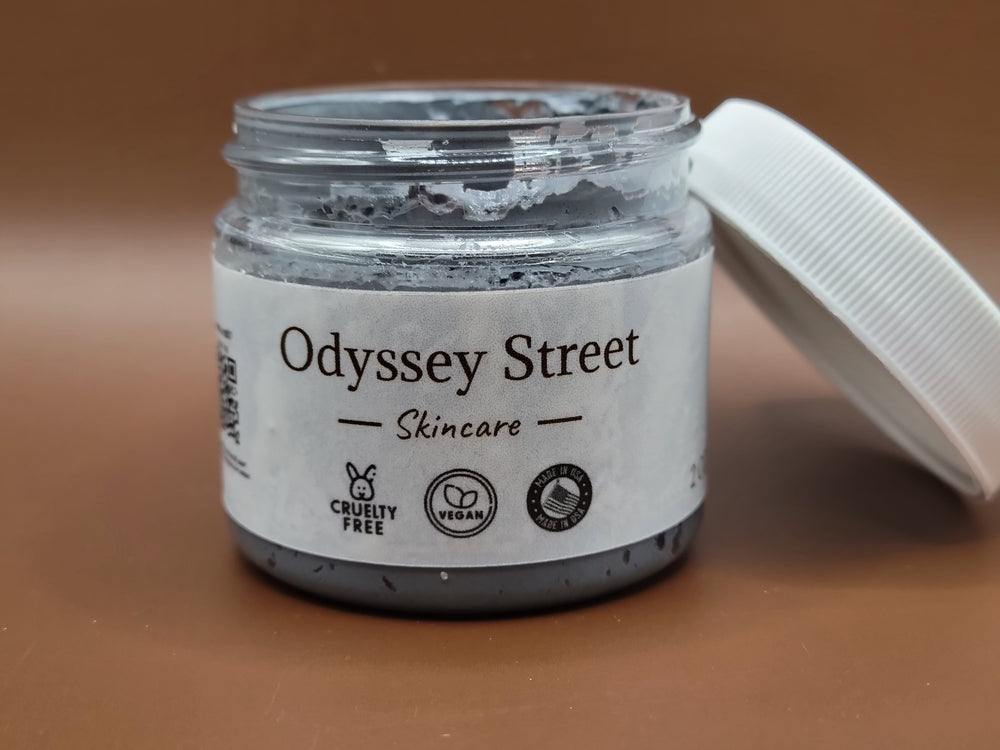
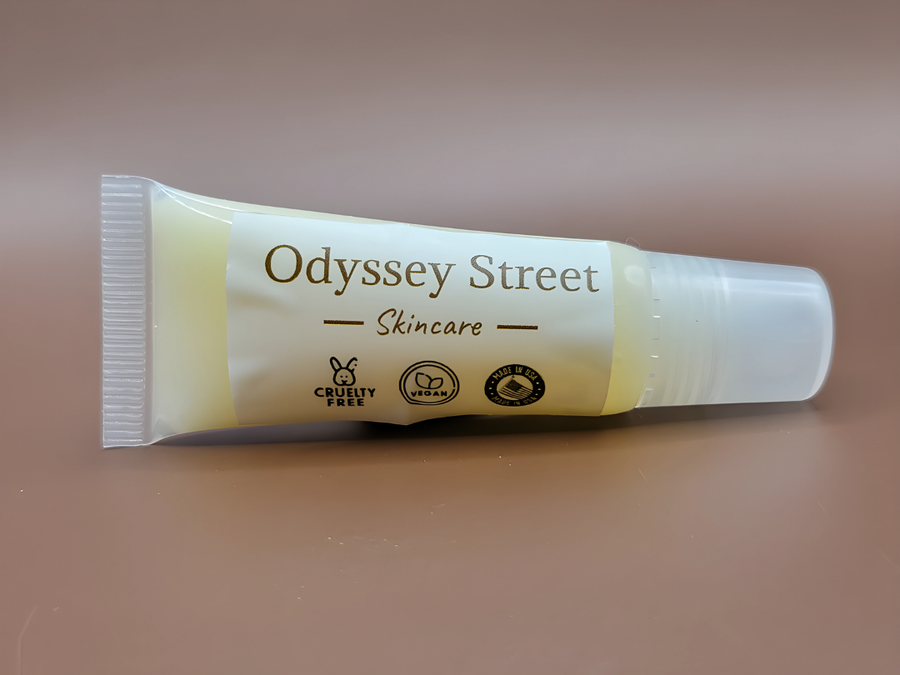
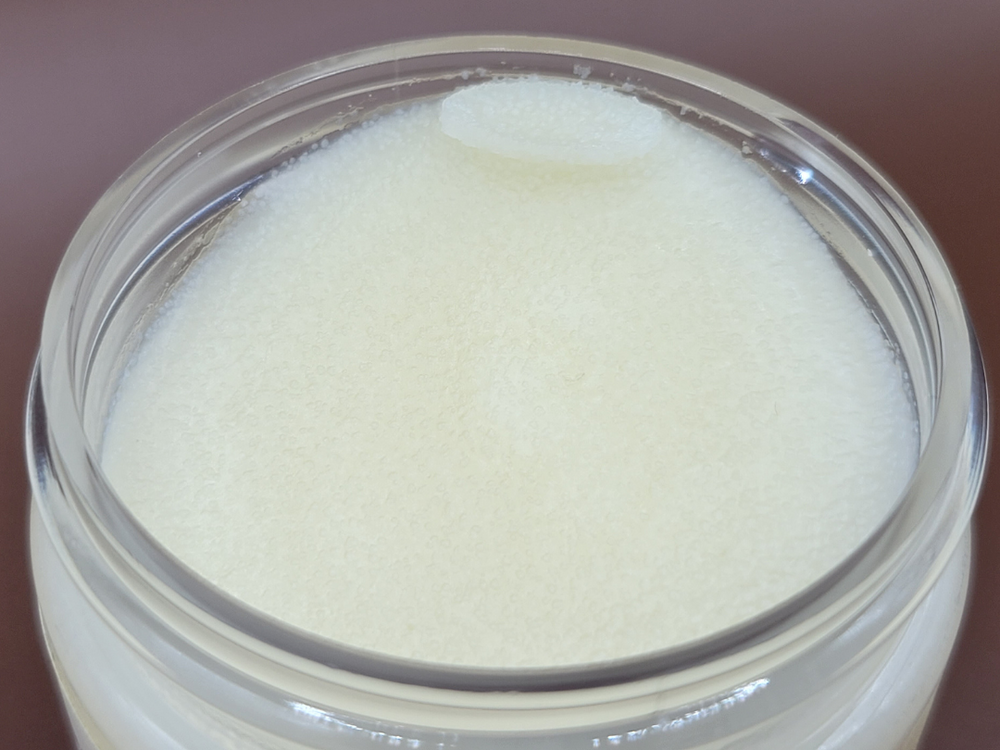
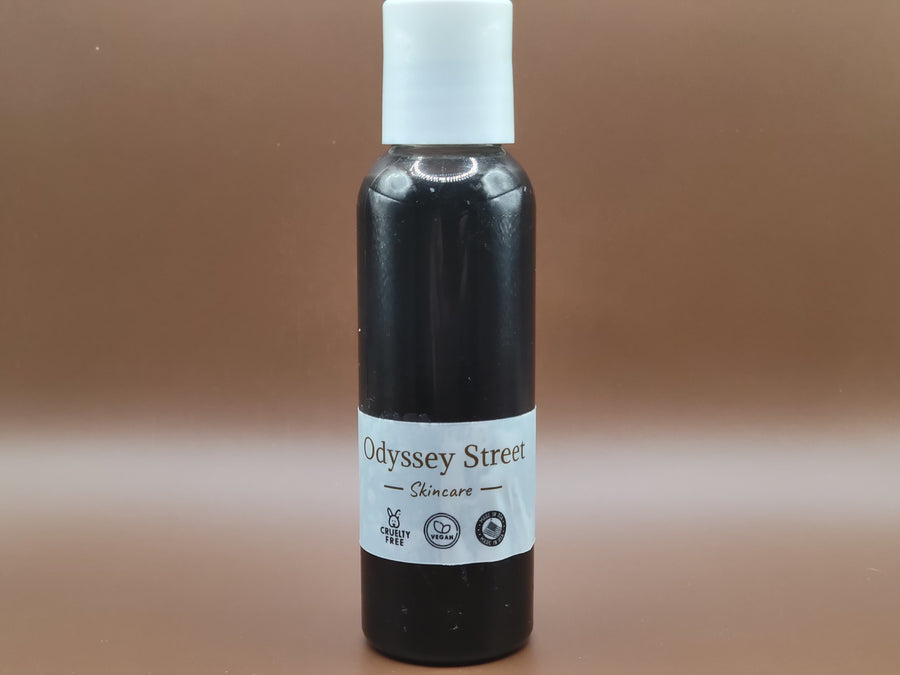
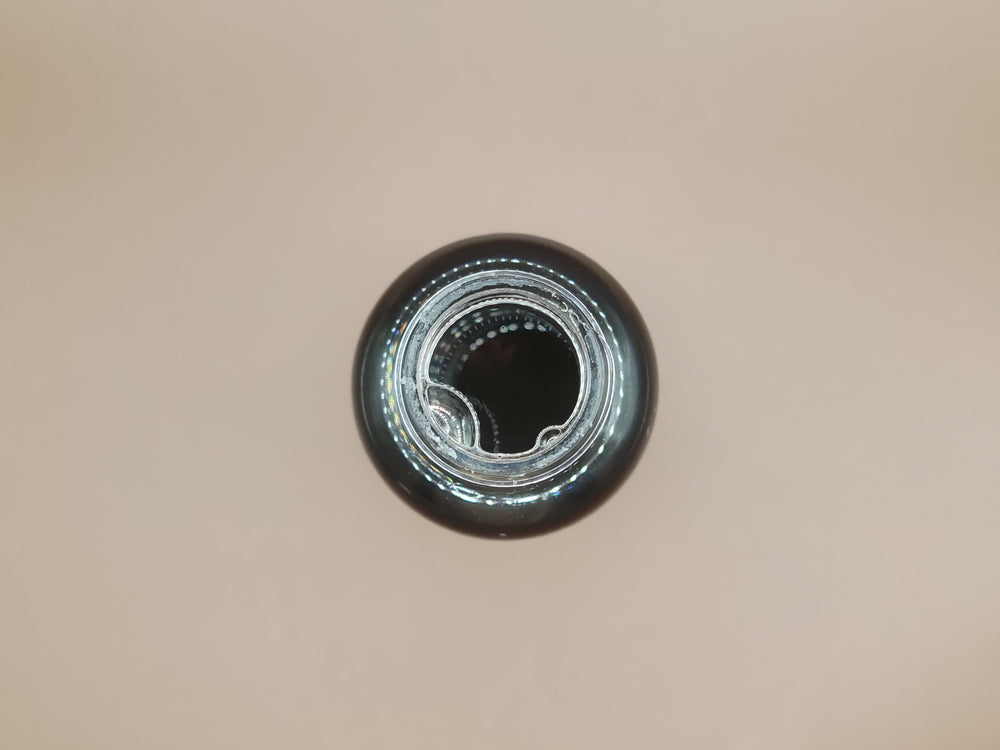
Leave a comment